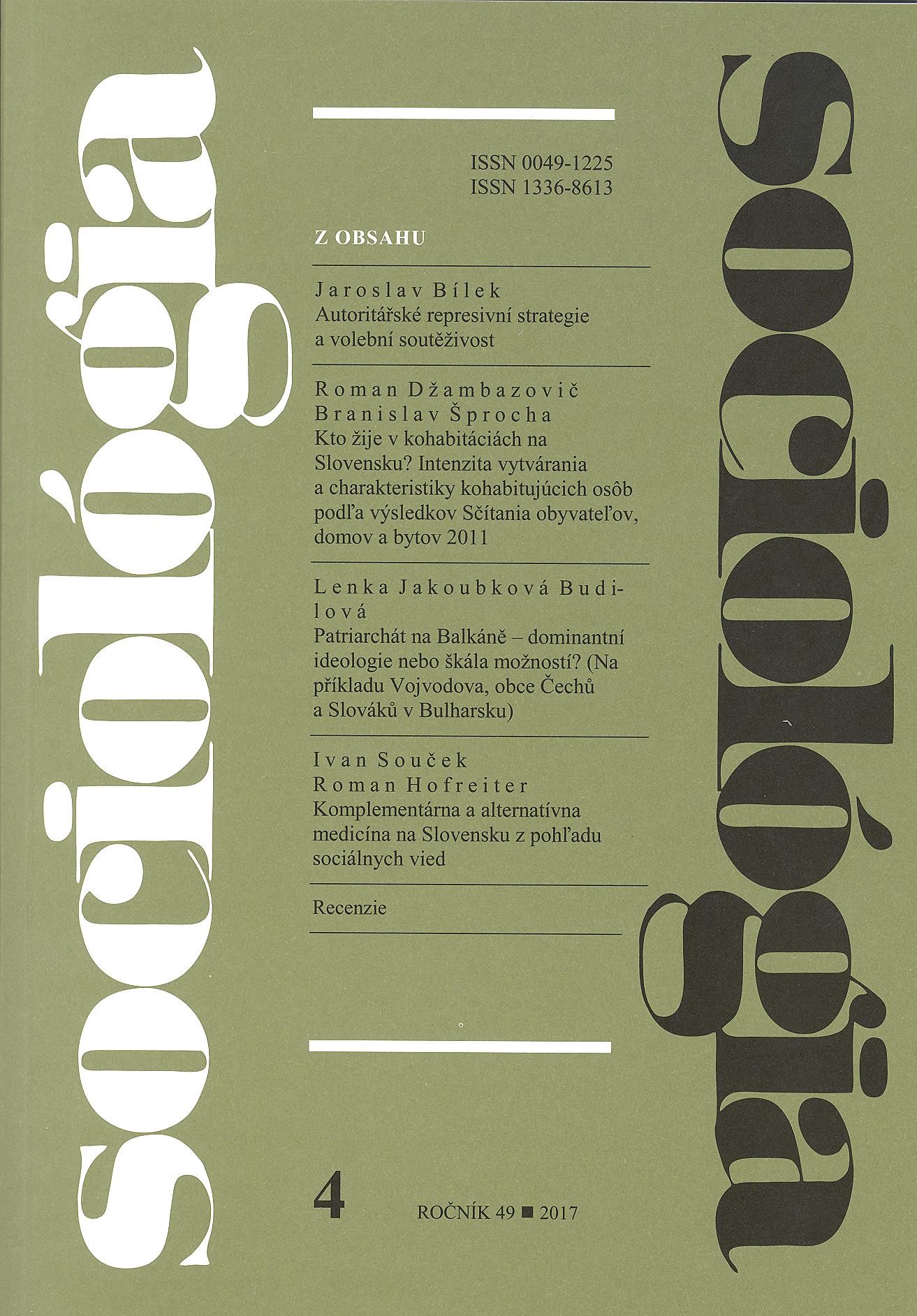Autoritářské represivní strategie a volební soutěživost
Authoritarian Repressive Strategies and Electoral Competitiveness
Author(s): Jaroslav BílekSubject(s): Electoral systems, Sociology of Politics
Published by: Sociologický ústav - Slovenská akadémia vied
Keywords: Electoral authoritarianism; election; electoral competitiveness; hybrid regimes; Varieties of Democracy;
Summary/Abstract: Elections in electoral and competitive authoritarian regimes have recently gained a great deal of attention in comparative research. This paper offers an explanation of variation in degree of electoral competitiveness in electoral authoritarianism in post-communist Europe and Eurasia. Contrary to existing research which is focused mostly on variables related to the opposition, this study concentrates on seven authoritarian repressive strategies derived from previous research about elections in hybrid regimes. For that purpose, this study compares 67 cases of elections that were carried out between 1990 and 2014, employing regression analysis and qualitative comparative analysis (QCA) while engaging the new data on incumbent abuse from the Varieties of Democracy (V-DEM) project. The results highlight the importance of media censorship and legal exclusion of opposition. These findings are in a discrepancy with previous research as the two most influential repressive strategies which are usually mentioned with respect to electoral authoritarianism, i.e. economic statism and governmental control of electoral commitees, are proven as rather irrelevant in the post-communist's context.
Journal: Sociológia - Slovak Sociological Review
- Issue Year: 49/2017
- Issue No: 4
- Page Range: 343-368
- Page Count: 26
- Language: Czech

